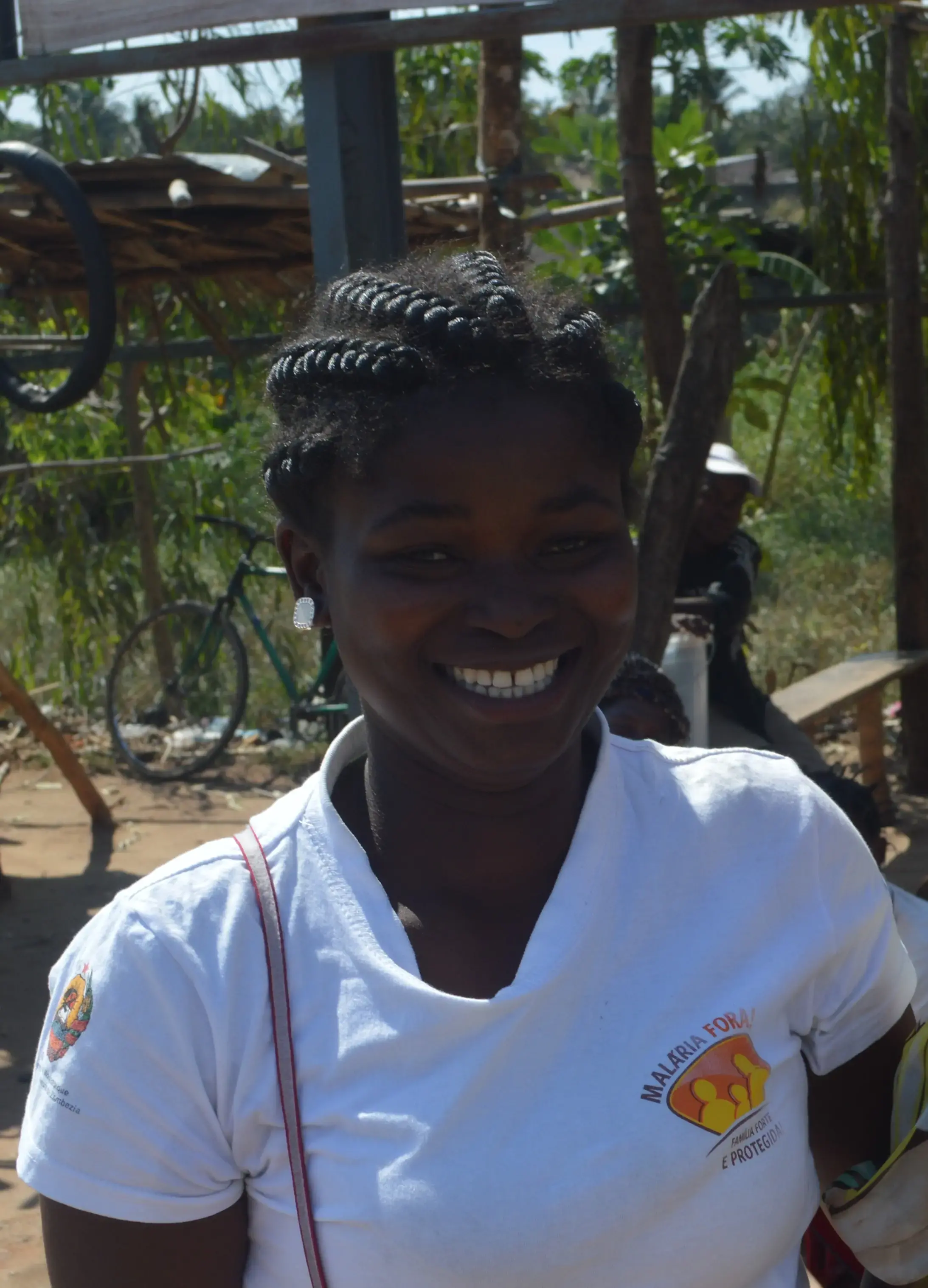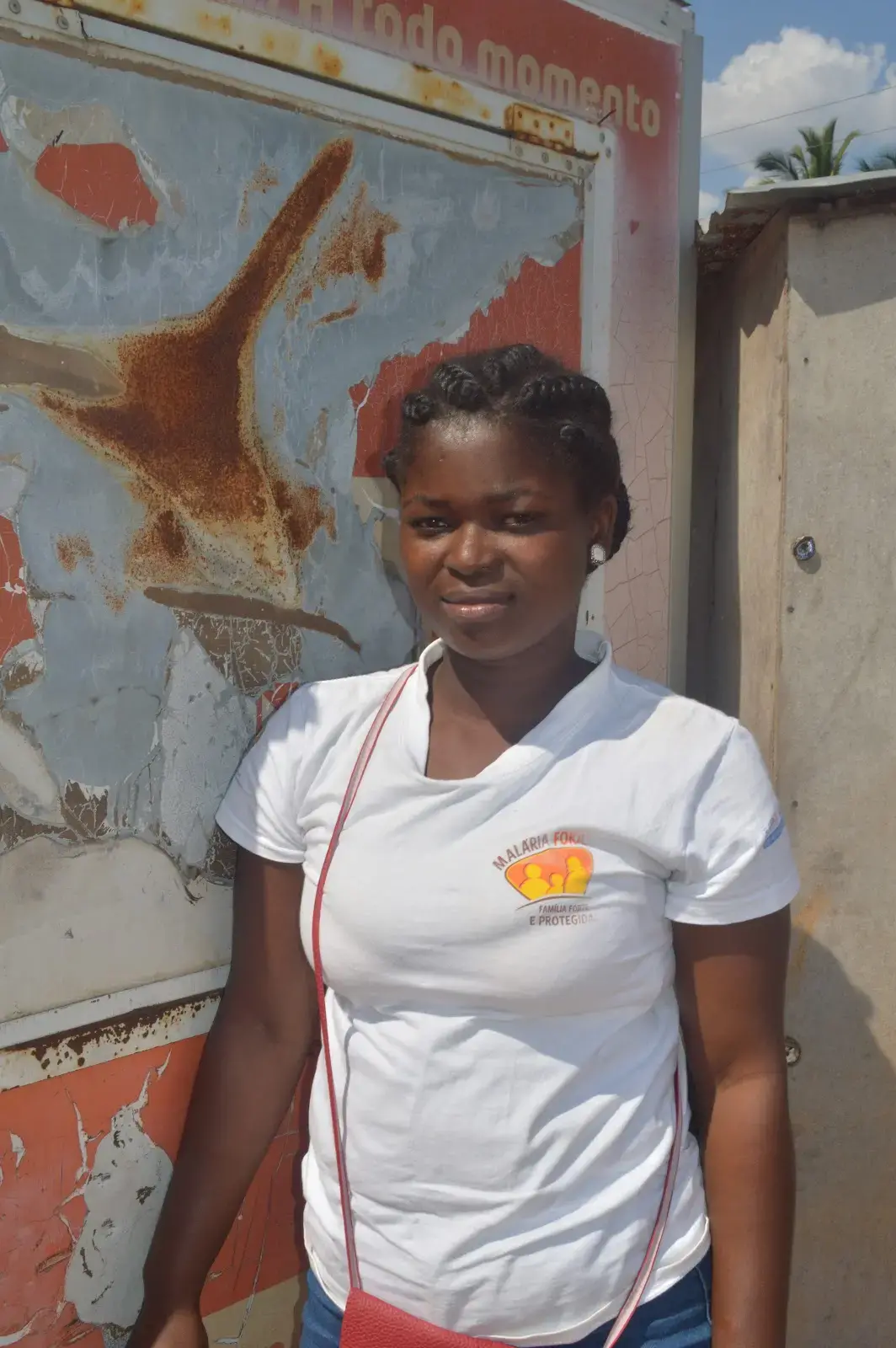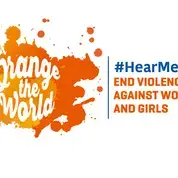“It is important to create safe spaces where girls can feel free to express themselves. To participate in the girls' conference inspired me to do more to help the girls in my community” shares Amina, mentor under Rapariga Biz.
Amina is one of the 150 girls and young women who together with 50 boys and young men from across the country participated in the National Girls Conference. It took place from October 11-12, 2017 at the Universidade Politécnica in Quelimane, Zambezia Province. Under the theme “Investing in us guarantees Mozambique’s Development,” the conference was led by the Government of Mozambique, the Foundation for Community Development (FDC) and the Coalition for the Elimination of Premature Marriages in Mozambique (CECAP), with support from the Swedish International Development Cooperation Agency (SIDA), and the United Nations System, led by the United Nations Population Fund (UNFPA).
These organizations were represented by Graça Machel - President of the FDC, Mr. Abdul Razak Noormahomed - Governor of Zambezia Province, Mr. Alberto Zeca - the husband of the Governor of Gaza, Mr. Antoine Chevrier - the Ambassador of Canada, Mr. Mikael Elofsson - the Head of Cooperation of the Embassy of Sweden and Ms. Won Young Hong - Deputy Representative of UNFPA.
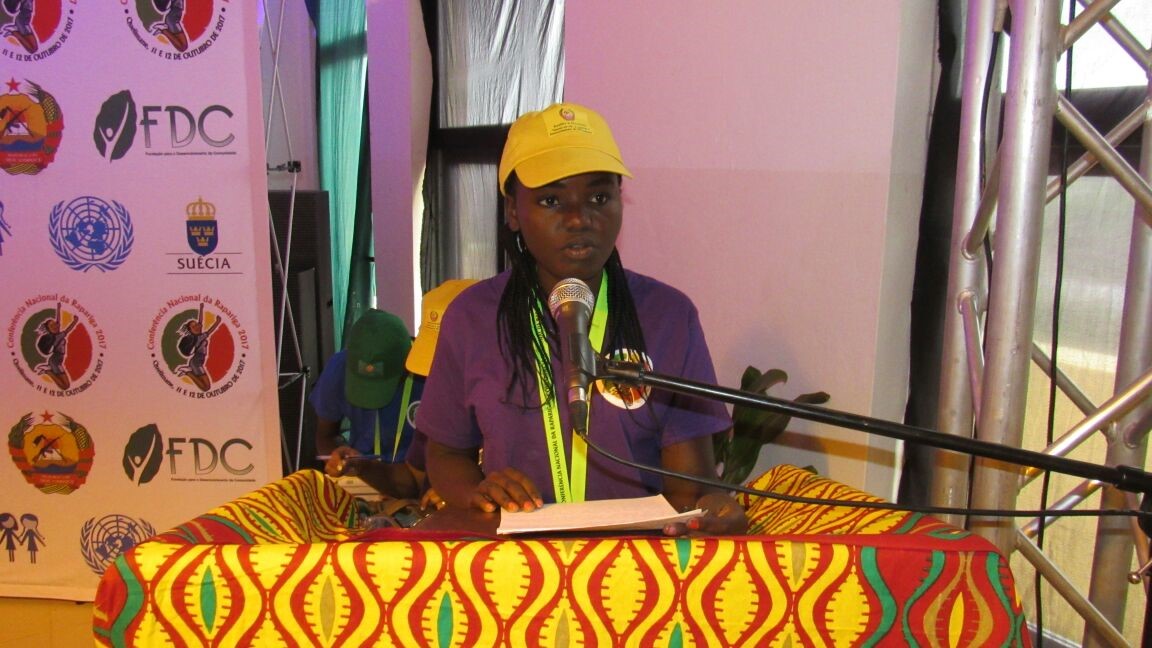
Young Mentors Raise Their Concerns
The conference is a part of the Government-led initiative “Rapariga Biz” and aimed to bring the voices and concerns of the adolescents and youth to the center stage. A key element of Rapariga Biz is to ensure the participation of girls and young women in issues that concern their lives. Several participants spoke to the need for more inclusion and participation of all influencers at the community level:
“If the guardians of the girls, community leaders, parents and the general public are not fully engaged, nothing will change related to the situation of girls and young women”, said Aliarina Pascoal, Rapariga Biz mentor.
The vibrant and dynamic discussions among the adolescents and youth also included issues raised artistically through poems, role plays, and music. A local theatre group showcased the complexity faced by a family related to whether the adolescent daughter ought to stay in school or marry as a child. This specifically inspired a debate around the harmful sociocultural practices affecting the lives of adolescents and youth in Mozambique.
One of the youngest participants appealed to the participants from the education sector to remove establishments that sell alcohol and cigarettes from the vicinity of schools, particularly secondary schools where adolescents and youth can be easily tempted to consume these harmful products.

Boys and Girls Joining Forces
Another key element of Rapariga Biz is male involvement, which aims to ensure that the response to gender-based discrimination and the pressing gender inequalities involve both girls and women, and boys and men. Young men spoke up specifically on behalf of their female cousins and friends, sisters and girlfriends on issues related to the elimination of child marriage, continued education for pregnant girls, availability of scholarships for young mothers etc.
In preparation for the event, a Pre-Conference for Girls and a Boys’ Workshop were held simultaneously on October 10. The Pre-Conference was a space strictly for girls that allowed them to share their stories and concerns in preparation for the Conference. Similarly, in order to create a safe-space for non-confrontational political dialogue and negotiations between girls and boys to promote the process of self-reflection and emancipation, the Boys’ Workshop was organized by the Hopem Network in partnership with CECAP, and technical and financial support from the Agir program and UNFPA.
During the conference, several young female mentors and their male counterparts, emphasized the need to revise the age of consent laws; stating that the current law is ineffective because it states that 16-year-olds can marry with the consent of parents/guardians. These types of laws do not protect the youth from the damaging practice of child marriage.
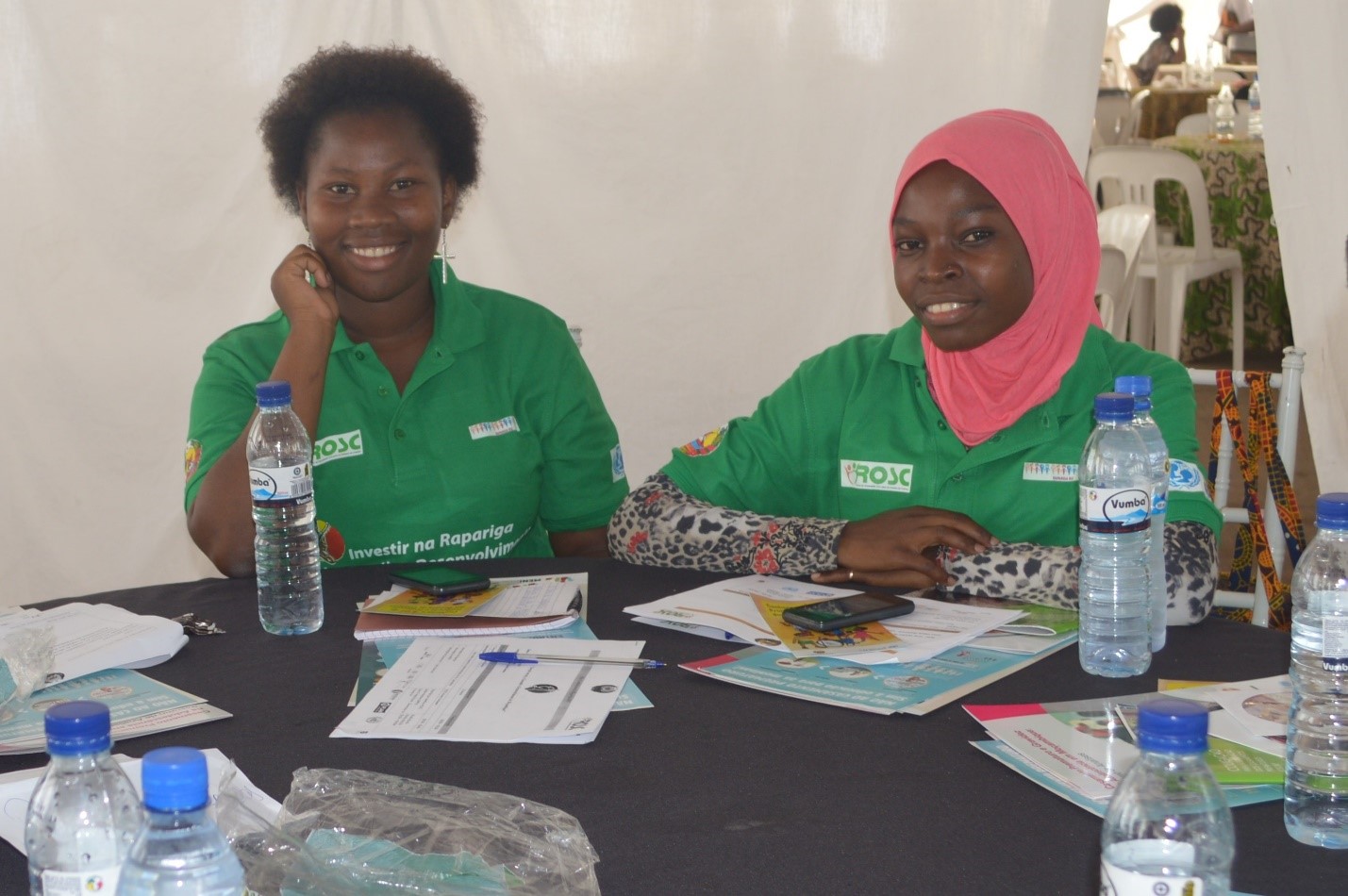
The Way Forward
At the end of the conference, the participants drafted a petition, called ‘the Voice of Girls’ that was handed over to Government, and that onwards will be used as an advocacy tool for girls and young women across Mozambique. Some of the issues highlighted in the petition include the need for easier access to scholarships, more schools and universities in rural areas, more health centers and police stations in rural areas, greater access to employment for the youth, more dialogue with community influencers and parents, more sexual and reproductive health, gender equality and HIV prevention counselling in the neighborhoods and more activities by and for girls.
It became evident that not investing in girls and young women, will compromise the future of Mozambique.
“It was a beautiful experience to see so many girls sharing their voices and personal experiences as mentors,” Celestina Pinoca, Rapariga Biz mentor.


